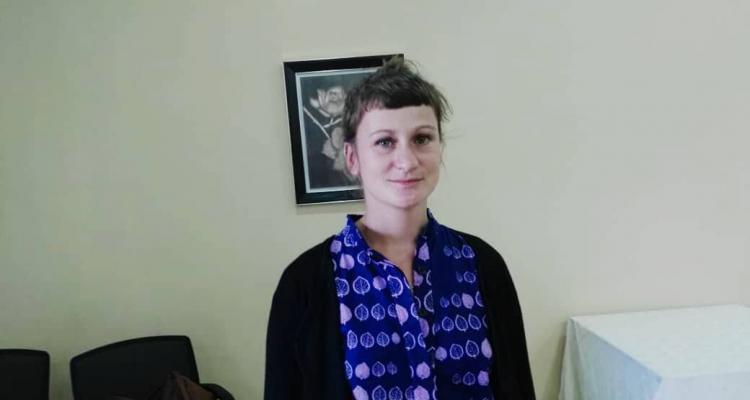
United Nations Educational, Scientific and Cultural Organization (UNESCO) has expressed concerned over the rise in cases of early and unintended pregnancies since the start of the COVID-19 pandemic in the country.
A Malawi government-led COVID-19 rapid assessment on teenage pregnancies and child marriages, indicates that the country has recorded 13,000 cases of child marriages and over 40, 000 cases of teen pregnancies during the COVID-19 period.
UNESCO Malawi National Project Officer Marrietta Wildt told members of the press during one day training that was conducted in Lilongwe on Friday that the pandemic has affected its campaign called “Let’s talk about Early and Unintended Pregnancies” that was launched in 2019 with the purpose of bringing awareness on how girls can prevent early pregnancies.
Wildt then assured that although it is the case, the organization is more geared to continue raising awareness and se asked the media to render a helping hand so that the message can go as far as hard to reach areas where cases of early marriages are on rise.
“The issue of early and unintended pregnancies affects both high- and low-income countries, impacting the lives of adolescents – especially girls – in terms of health, social, economic and educational outcomes. Determinants of early and unintended pregnancy can also be social, economic and educational,” she said.
According to Wild, the main determinants for high-income countries include socio-economic disadvantage, low education, family disruption and risky lifestyle, whereas there is no correlation between access to services (including family planning) and the reduction of adolescent pregnancy.
She said in low- and middle-income countries, lack of access to quality sexual and reproductive health services is seen as one of the main determinants of early and unintended pregnancy.
Chris Loka, a Journalist from NyasaTimes commended UNESCO for the training which he said is an eye opener to the media practitioners.
Loka noted that there is more that journalists are needed to do in order to make the issue of early and unintended pregnancies to be known to the public at large through reporting, radio programs, feature stories from print, radio, television and online publication media houses.














